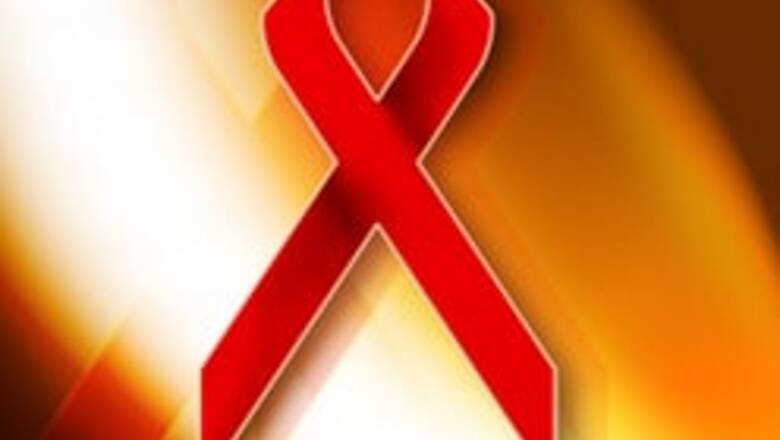
views
Washington: The first test of a potential new gene therapy for HIV, the virus that causes AIDS, was encouraging enough for researchers to launch a more extensive trial.
"The goal of this phase I trial was safety and feasibility, and the results established that," said lead researcher Dr Carl June adding, "But the results also hint at something much more."
In addition to showing that the treatment was possible and didn't endanger the patients, the amount of virus in the subjects remained steady or decreased during the study, which involved just five people with chronic HIV infection.
One patient had a sustained decrease in the amount of virus, and immune cells and strength of the immune system increased in four patients during the nine-month study.
However, "just because this has produced encouraging results in one or two patients doesn't mean it will work for everyone. We have much more work to do," said co-author Dr Bruce Levine.
June and Levine are researchers at the University of Pennsylvania's Abramson Family Cancer Research Institute.
Their findings are reported in the online edition of Proceedings of the National Academy of Sciences.
The study team also included researchers from the VIRxSYS Corp of Gaithersburg, Md, which is involved in developing the new treatment and helped fund the study.
Other funding came from the National Institutes of Allergy and Infectious Disease and the Abramson institute.
The researchers removed immune cells from the patients and introduced a virus called a lentivirus into the cells.
This change prevents HIV from reproducing and, in the laboratory, has the ability to fight HIV in cells that have not been treated, June explained in a telephone interview.
The idea, he said, was that unlike most HIV medications that have to be taken daily or several times a day, this treatment can be done once and will keep fighting the infection.
This was the first human test to see if it could be done safely, he said. It was done on patients whose HIV infections have resisted treatment.
Now, the team has launched a phase II test that will involve more patients, including some whose HIV is controlled by drugs.
In this test the patients will get more than one transfusion of the treated cells. Those on standard drug treatment, following the new therapy, will be asked to interrupt their drugs to see if the infection returns.
"This paper should make quite some noise," commented Dr Martin Haas, a professor at the University of California San Diego School of Medicine, Dr Martin Haas.
"I think this is very important work and they have doggedly continued it," said Haas, who was not part of the research team.
"I think they have really significant prospects to develop this into serious anti-HIV approaches for those patients in whom HIV cannot be kept under control by chemical means."


















Comments
0 comment